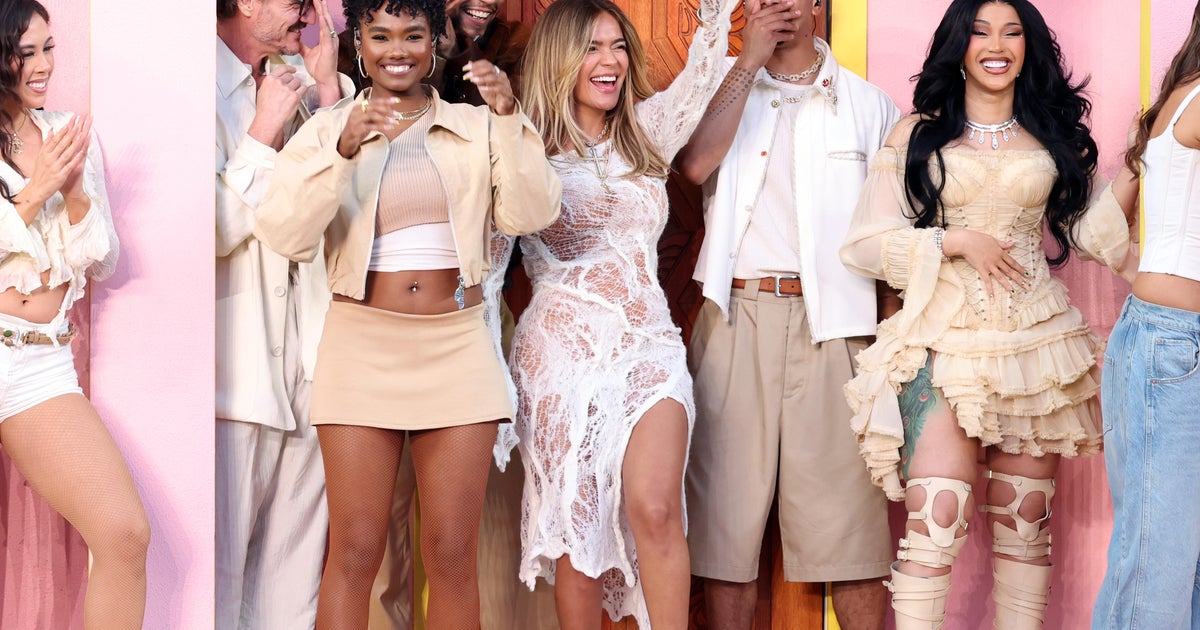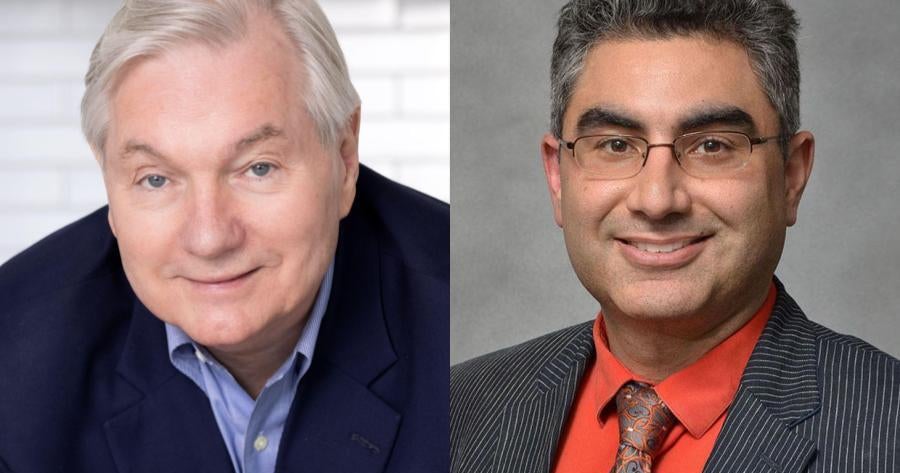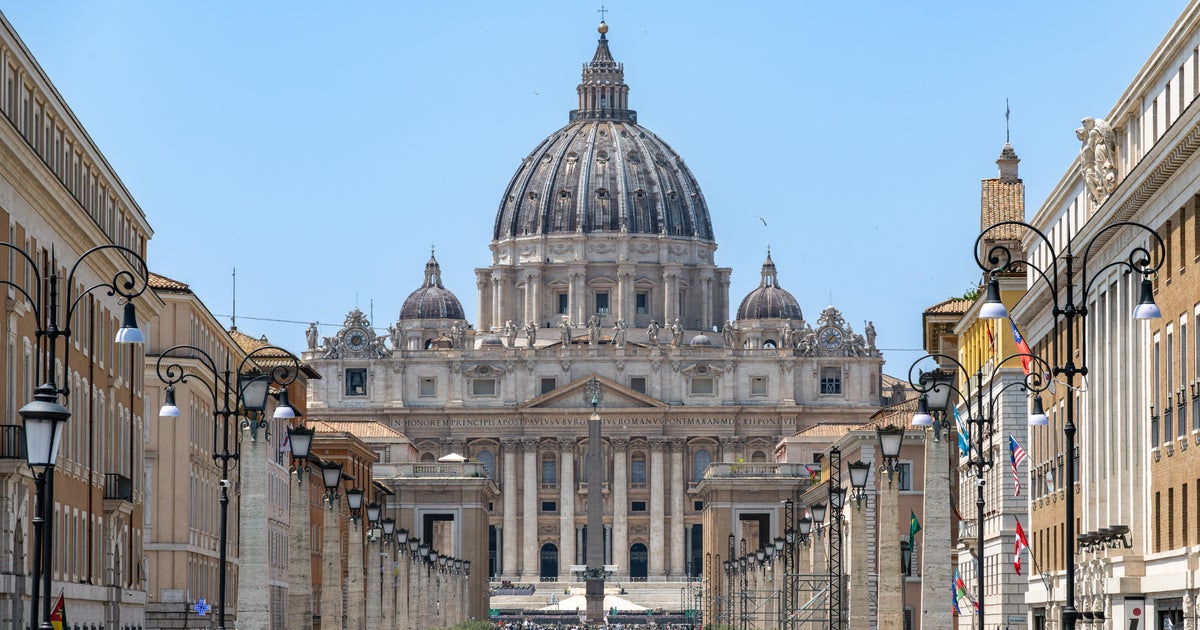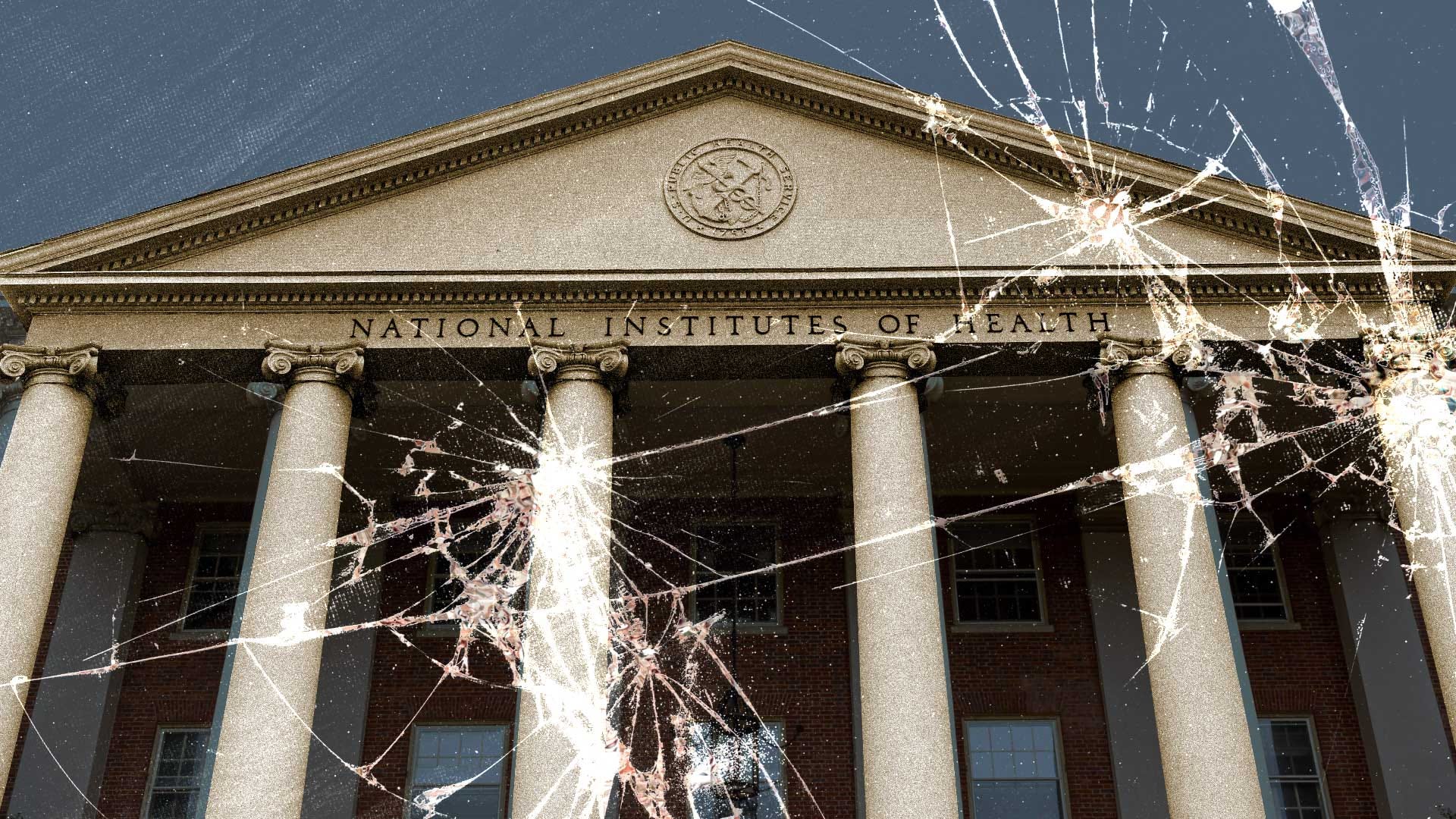Twitter Blue "debacle": Dead celebrities receive check marks, impersonators jump in
The rollout of Twitter's paid blue check mark, which now costs $8 a month after previously being free, could become a case study in business schools across the globe, with some users calling it a "debacle" and media experts calling it chaotic and incompetent.
Twitter's iconic blue checkmarks began disappearing last week when the company fully moved over to its new subscription service called Twitter Blue. The blue check marks were first instituted by Twitter as a free service to verify the identity of users who could be subject to impersonation, such as politicians, journalists and celebrities.
Billionaire Elon Musk, who bought Twitter last year, is now asking users to pay $8 a month to keep their verification — although last week, he said he was paying for three celebrities so they could keep their blue checks: Stephen King, LeBron James and William Shatner.
But other celebrities and top accounts are now noting that their accounts, too, bear the Twitter Blue check mark, even though they aren't paying for it, such as author Neil Gaiman, actor Ron Perlman, astrophysicist Neil DeGrasse Tyson and the Massachusetts Institute of Technology. Twitter accounts of some deceased celebrities, such as Anthony Bourdain and Kobe Bryant, also sported the Twitter Blue check, with the site saying that they "subscribed to Twitter Blue and verified their phone number."
"Like many of the changes Twitter has enacted since Elon Musk took over, the rollout of Twitter Blue has been frenetic and wildly inconsistent," Brooke Erin Duffy, an associate professor of communications at Cornell University, said in an email to CBS MoneyWatch.
Other media experts said the rollout was worse than anticipated.
"I expected chaos and incompetence on the day that blue check marks were finally vaporized," wrote New York University journalism professor Jay Rosen on Twitter. "I did not anticipate that he would replace them unbidden on celebrities' accounts after they refused to pay."
Companies often give free products to influential people, such as social media stars who receive products to feature on YouTube or TikTok, noted Dr. Jennifer Reinwald, assistant professor of communications studies at Widener University.
"The difference here is that many of the celebrities and public figures who have had their check mark reinstated did not willingly agree to have the blue check mark returned with its new association with the Twitter Blue program," she added.
That makes it "a poor indicator of product endorsement and faith in the platform," she said.
Gaiman tweeted that he hadn't subscribed to the service, or given his phone number to the company.
"What a sad, muddled place this has become," the author of best-selling books such as "American Gods" wrote on Twitter.
When contacted for comment, Twitter responded with a poop emoji, which Musk last month said would become the standard reply for press questions.
"If anything proves #Musk has no clue what he's doing, the #BlueTick debacle does," noted Michael Markovitz of South America's Gordon Institute of Business Science Media Leadership Think Tank on Twitter.
The changes have hurt the value of the blue check mark, experts noted.
Reinwald pointed out, "Reinstating checkmarks within days of the mass purge demonstrates a lack of consistency regarding the checkmark system and is doing little to reestablish the weight that the blue check has had in the past, especially when the meaning of the mark has changed to demonstrate buy-in to Twitter Blue."
Impersonators
While the original blue check marks were free, users had to prove they were who they said they were before receiving one — a process that sometimes took weeks in order for Twitter workers to verify an applicant's identity. But with the removal of a verification service and its replacement with a pay-to-play system, impersonation accounts are now popping up on Twitter.
"[M]y blue check mark has only been gone for just a couple of hours...and there's already an impersonator," wrote KKCO-TV journalist Adam Woodbrey on Twitter.
Other fake accounts have popped up impersonating government accounts, such as the city of New York, and celebrities such as author J.K. Rowling. While those accounts were suspended by Twitter, they underscore the challenge Twitter faces given that blue checks can now be purchased without any proof of identity.
"While platform company policies purportedly protect users from various scams, we are already seeing how certain groups are weaponizing Twitter's new service with impersonator accounts," Duffy said. "Some of these impersonator accounts are deemed parody, but we should not overlook the economic and psychological impacts on individual targets."
"Block the Blue"
Some Twitter uses are responding to the confusion and issues with Twitter Blue by blocking users who have a blue check mark next to their name, under a campaign called "Block the Blue."
"The vast majority of accounts that appear in my feed with paid-for blue checks are trolls, sock puppets, or garden variety knobs. Block the blue is a good heuristic now," wrote journalist David Moscrop on Twitter.
To be sure, Twitter may iron out the bumps in its Twitter Blue rollout, but the rocky introduction of the service could pose a challenge to its adoption, experts say.
"Given how confusing the rollout has been, it remains to be seen whether users will consider it a worthwhile investment," Duffy added.



